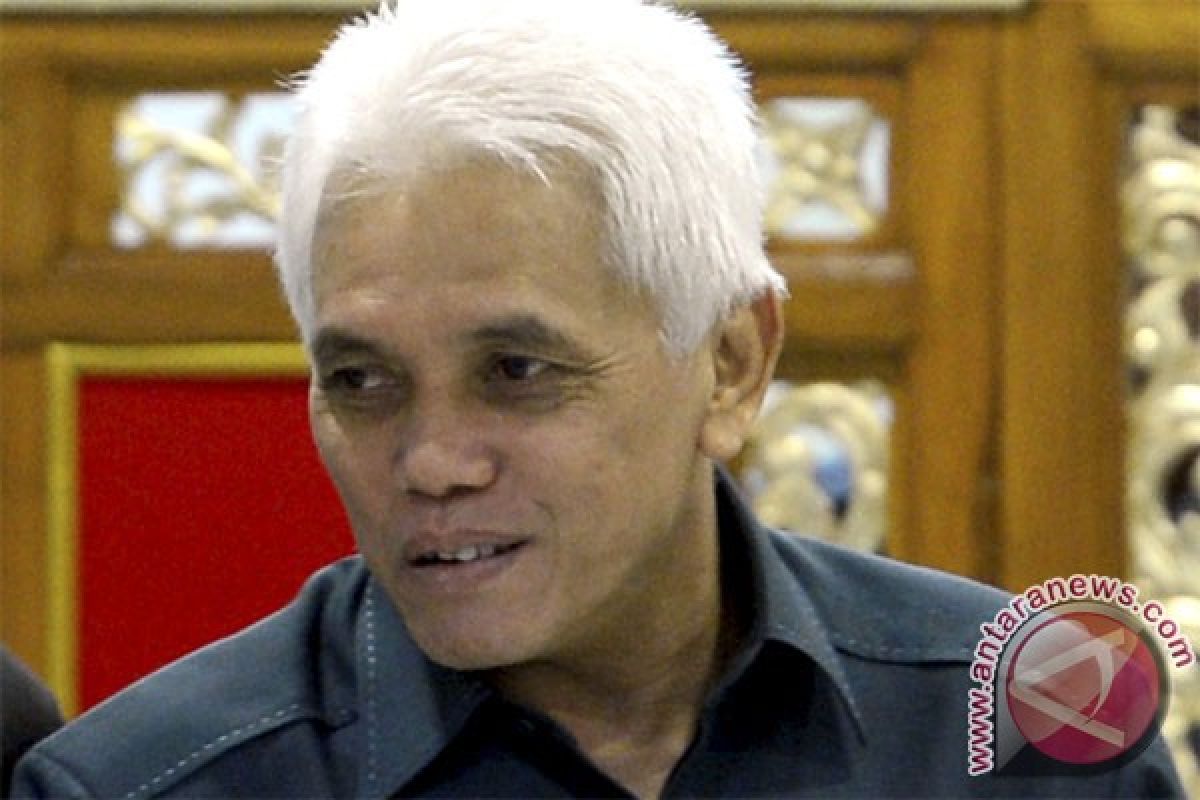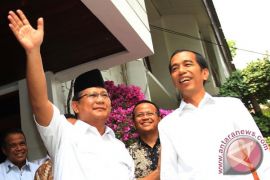"Although it will increase it will remain within an optimistic range," he said at an Indef 2013 Mid-Term Review event here on Tuesday.
He said he was optimistic that inflation would be down in 2014 also because there would be legislative and presidential elections that year.
"Political and economic conditions would be more relaxed in 2014 unlike this year. There would be acceleration and I am convinced it would improve although we must remain careful," he said.
Hatta said he also believed the 1.03 percent inflation in June this year would only be temporary just because of recent fuel price hike and ahead of the Islamic fasting month of Ramadhan but it was predicted to continue to increase.
"Our inflation rate will be better. The contribution of fuel price hike is actually only very small and therefore its management must not only be focused on supply but also on the demand side," he said.
He said money markets` response towards the June inflation still matched expectations.
"It seemed there would be improvement so that the rupiah exchange rate would calm down. However current account deficit pressures due to the impact of global decline would still be felt," he said.
Hatta said in the fourth quarter of 2012 the current account deficit was above three percent of the gross domestic product.
"This is worrisome. If it is accompanied by capital and financial transaction pressures it could threaten our balance of payment and it has started to be seen recently," he said.
In addition to that negative external sentiment in the money markets has not yet dropped because the Fed is still undecided if it would continue with its plan to stop its stimulus program.
In view of that Hatta appealed for continued improvement in response functions to meet the challenges.
Hatta explained about various efforts that could be taken to maintain growth and economic stability among others maintaining the quality of state spending so that it could stimulate economic growth.
Others efforts are maintaining the public`s buying power by maintaining the rate of inflation at a low level and issuing policies that could boost investment growth, competitiveness of mainly non-oil and gas exports through diversification of export destinations by increasing the quality and varieties of products.
Hatta said other efforts were controlling imports of products that have the potential to reduce domestic products` competitiveness in the domestic market and strengthening the domestic trade to maintain price stability and smooth distribution of goods and to create healthy business climate.
reporting by juwita trisna rahayu
(SYS/H-YH/A014)
Editor: Suryanto
Copyright © ANTARA 2013












